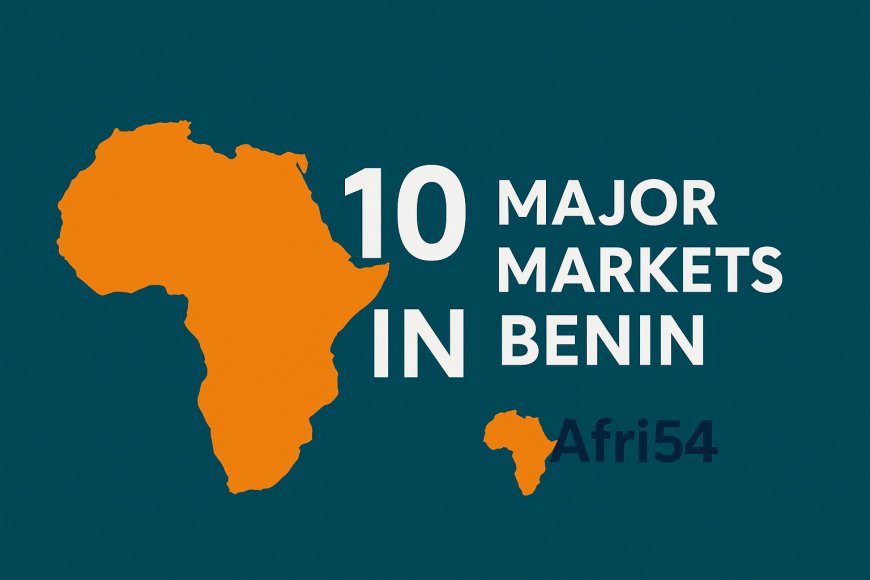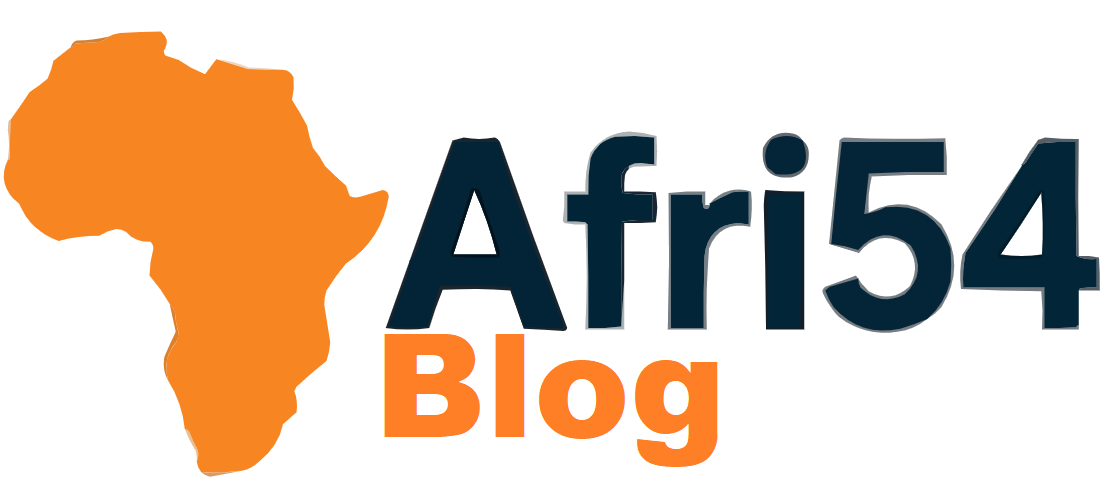10 Major Markets in Benin
Discover the 10 major markets in Benin, from Cotonou’s sprawling Dantokpa to traditional hubs in Abomey, Porto-Novo, and Parakou. Explore Benin’s trade, culture, and vibrant community life.

Reading Time: ~8 minutes
Benin, a West African country known for its rich culture, history, and trade heritage, thrives on its vibrant open-air markets. These markets are not only commercial hubs but also cultural meeting points where communities gather, exchange, and celebrate tradition. From the bustling streets of Cotonou to the historic city of Abomey, markets in Benin offer a mix of food, crafts, textiles, and spiritual artifacts. Here are the 10 most significant markets in Benin, ranked by size and influence.
1. Dantokpa Market (Cotonou)
West Africa’s largest open-air market, Dantokpa, stretches over 20 hectares and hosts thousands of vendors daily. It offers everything from food, textiles, and electronics to voodoo artifacts. It is the heartbeat of Benin’s economy and a must-visit for anyone exploring the country.
2. Ganhi Market (Cotonou)
Located in central Cotonou, Ganhi Market is known for clothing, footwear, fabrics, cosmetics, and household goods. It’s a busy shopping hub for urban residents.
3. Womey Market (Cotonou)
A fast-growing market, Womey specializes in fresh produce, poultry, and fish. It’s popular among wholesalers and families in the city.
4. Abomey Royal Market (Abomey)
Situated in the historic capital of the Dahomey Kingdom, this market is rich in crafts, voodoo items, fabrics, and traditional artwork. It’s both a cultural and commercial center.
5. Bohicon Central Market (Bohicon)
Bohicon, an important transport hub, has a bustling market where traders sell textiles, household goods, foodstuffs, and crafts. It links northern and southern Benin through commerce.
6. Porto-Novo Market (Porto-Novo)
The capital city’s central market is famous for spices, fruits, vegetables, local crafts, and traditional medicine. It offers an authentic feel of Beninese culture.
7. Lokossa Market (Lokossa)
Located in the Mono region, Lokossa’s market serves as a major hub for livestock, agricultural produce, and fabrics. It is vital for trade with neighboring Togo.
8. Parakou Market (Parakou)
The largest market in northern Benin, Parakou is known for yam, maize, millet, livestock, and Hausa-influenced crafts. It plays a key role in regional trade toward Niger and Nigeria.
9. Ouidah Market (Ouidah)
Ouidah, known for its history in the transatlantic slave trade, has a vibrant market that sells seafood, voodoo artifacts, palm oil, and crafts. It is a blend of history and commerce.
10. Natitingou Market (Natitingou)
Located in the Atakora region, this market is a center for handicrafts, agricultural products, and traditional pottery. It reflects the culture of northern Benin’s mountain communities.
Why Benin’s Markets Matter
Benin’s markets are more than places of trade — they are living cultural museums. From the vast Dantokpa in Cotonou to traditional hubs in Ouidah, Abomey, and Natitingou, these markets sustain livelihoods, preserve traditions, and connect Benin to wider West African commerce.
Final Thoughts
Exploring Benin’s markets is an unforgettable experience. Whether you’re searching for voodoo artifacts, fresh seafood, colorful textiles, or handmade crafts, these markets showcase the diversity and resilience of Beninese culture.
Have you listed your business on Afri54?
Afri54 exists to solve a fundamental challenge faced by millions of African businesses: lack of visibility. Whether you’re an automobile part seller in Lagos, a local attire manufacturer in Kigali, a coffee exporter in Addis Ababa, or a mobile phone supplier in Accra, you deserve to be seen. Join now






















